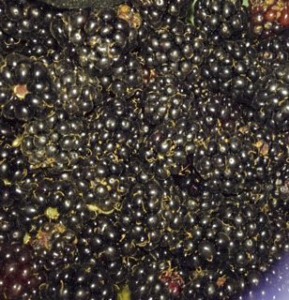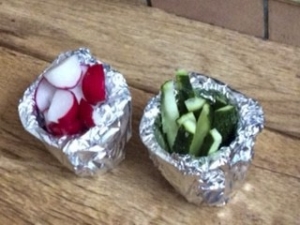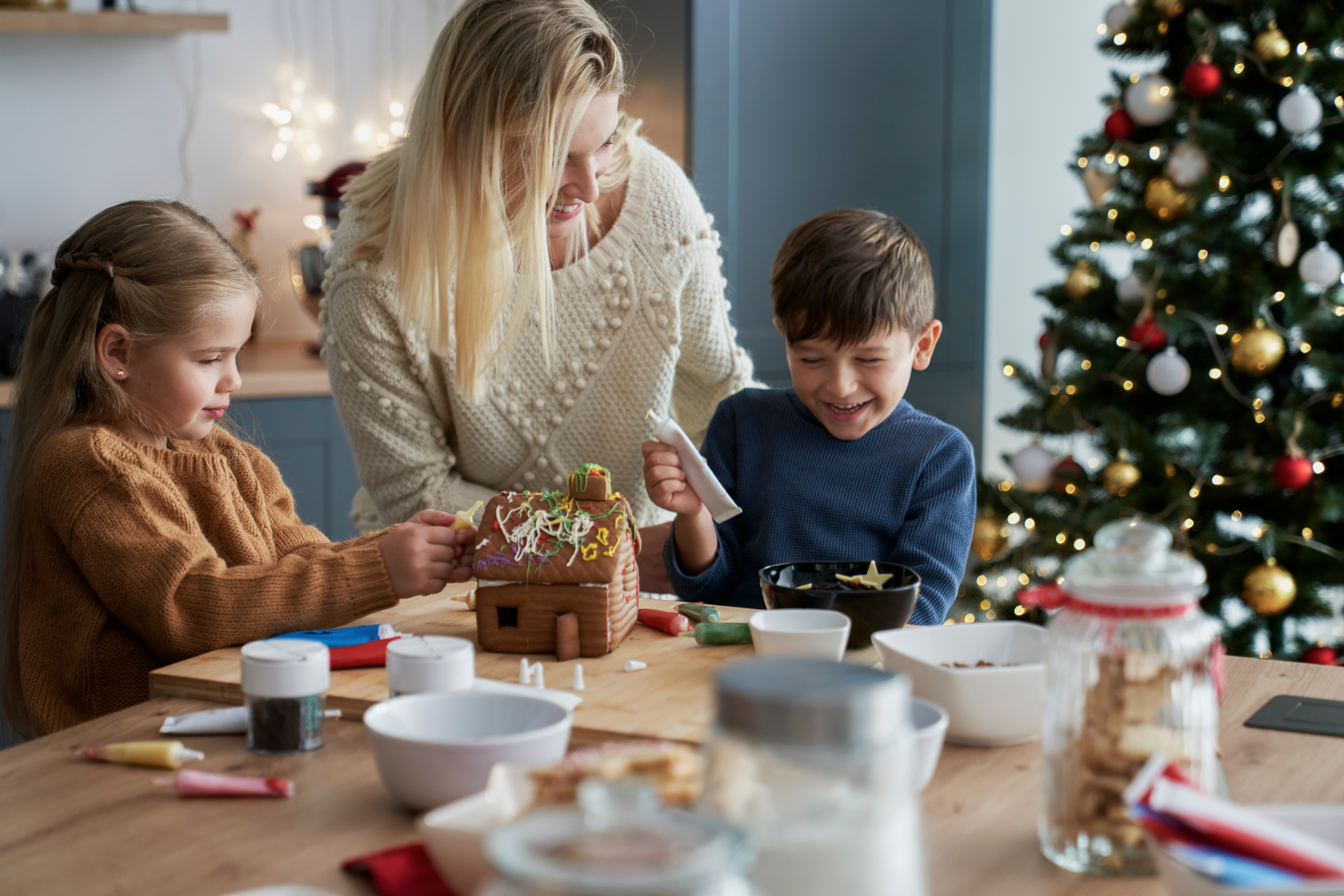To mark the International Day of Awareness of Food Loss and Waste we asked John – dad of one, gardener and keen forager from the Midlands, to tell us about the practical steps he and his family have been taking recently to try to keep food waste to a minimum.
Save those scraps
For a start, you don’t need to throw out odd bits of veg like onion, carrot peel and potato water. I usually just boil it all up to make a tasty stock to use in broths and gravy. If you’ve got a bit of freezer space you can pour the cooled stock into ice cube trays to defrost and use as the base of a stew or soup in the future.
There’s plenty of other things you can use bits of old veg for too – for example, you can:
- Use potato peel to make fries or soup.
- Pop orange peel in a water bottle to add flavour
- Use tiny bits of veg to top homemade pizzas or veggie muffins.
The Love Food, Hate Waste website has some delicious leftover food recipes.
Smooth customer
Try not to throw away fruit just because it’s going a bit brown or you think the shape’s a bit weird. Instead, you can use it to throw into a smoothie – the more colourful the better!
You could also freeze any fruit that might go to waste and take it out and use when you need to make a smoothie – just pop it in a labelled and dated freezer bag.
 Walk on the wild side
Walk on the wild side
Don’t forget that there’s a lot of ‘wild food’ that can easily go to waste if it’s not picked and used – like blackberries, apples, and wild garlic. Personally, I’m a great fan of collecting nettles to make nettle soup; we’ve been picking and freezing blackberries and stewed apples lately ready for use in the winter in tasty fruit pies and crumbles. Take a look at the Woodland Trust website for a useful guide to foraging sustainably and picking blackberries.
Put your leaves among the leaves (and your grounds in the ground)
If like us you like tea – and lots of it – chances are you’ll have lots of teabags ready to throw out. Don’t just throw them out – sprinkle the tea from the used bags around the bags to plants to help them grow. You can also collect used coffee grounds in a bowl and then add to your plants as fertiliser. And that’s not all you can do with used tea bags – take a look here for lots of other ideas!
Creative cooking
We’ve always shopped in our local high street or market using a shopping list (to avoid being tempted and buying more than we need!) and have a daily milk delivery, and our shopping habits haven’t changed very much during COVID. What has changed though is the way we’ve been using up more of what’s in the cupboard and freezer before going shopping – before things reach their use-by date. When you take everything out it’s quite surprising what you find. Who knew we had six (six!) different half eaten jams? Do we really have three bags of frozen peas at the bottom of the freezer? With these discoveries one thing we have done to reduce food waste is to use up what’s in the cupboard and freezer before buying new jars, tins and frozen veg. We’ve certainly become a lot more creative in our cooking!
In fact, storing fruit and veg correctly is half the battle to reducing food waste in my opinion. Don’t put your bananas next to other fruit – unless you’re hoping to ripen them; store veg like potatoes in a dry dark place; don’t put things like onions and cucumber in the fridge, and keep food that needs eating first near the front of the fridge.
 The fridge is your friend
The fridge is your friend
Freezing food is also key to reducing waste. My mum lives on her own and doesn’t eat a lot of bread so it can go off quickly. Keeping it in the freezer and just taking out a couple of slices each time she needs it helps reduce her food waste – she can pop it straight into the toaster without even having to wait for it to defrost! And if you happen to have a few crusts of bread left just chop them up, add some herbs and make some crispy croutons. Here are some good ways to store and freeze foods and reduce waste.
Share the surplus
If you’re lucky enough to have an allotment or space to grow some veg there will probably be times of the year when you have a surplus of beans, rhubarb, tomatoes etc. Rather than let your excess veg go to waste, share with your friends and neighbours, or cook up, leave to cool and freeze in portion sizes to use in the future (always label and date containers). You could also donate to the local food bank or food club.
Visit our Food On Our Doorstep page to learn how Family Action’s Food Clubs are reducing the amount of food being sent to landfill by utilising surplus food.









